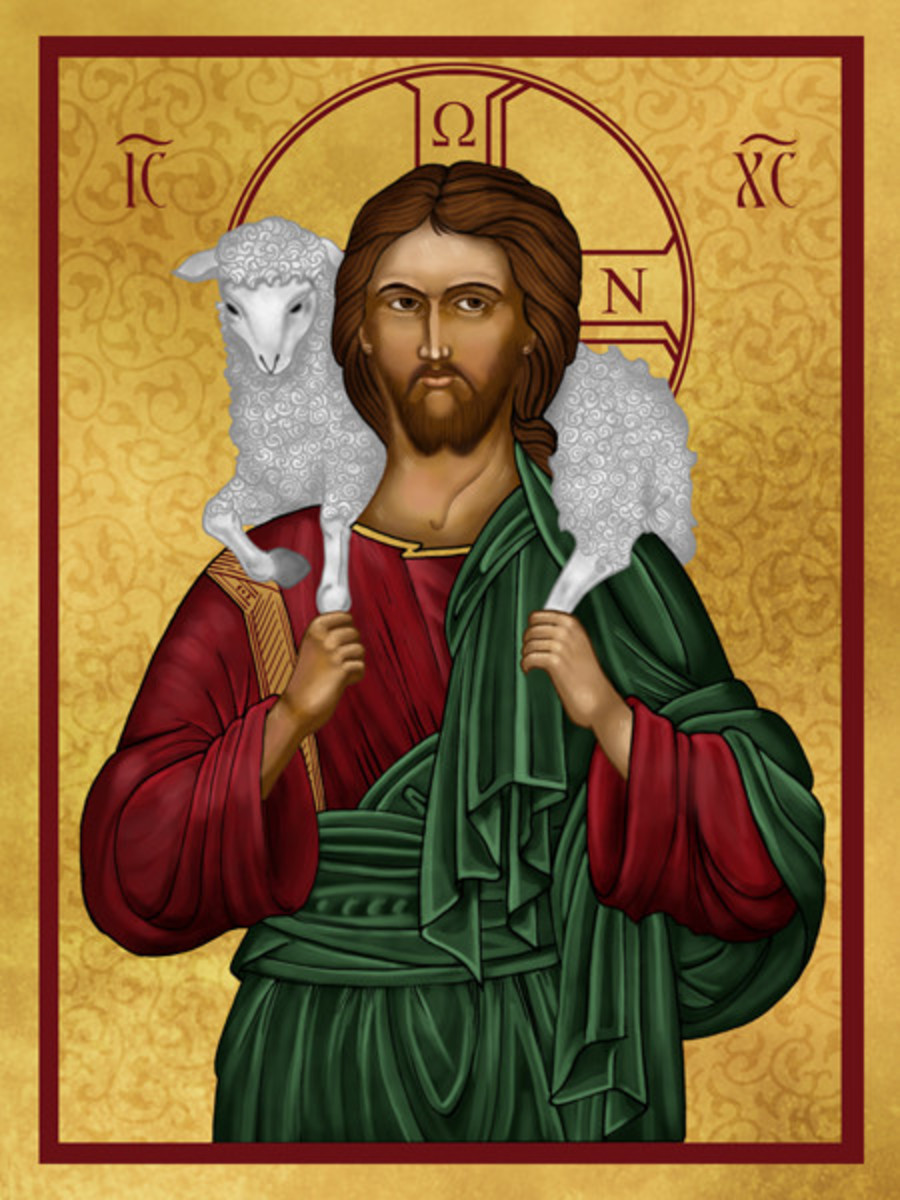
In traditional Orthodox iconography the goal of the iconographer is to be invisible. Individual expression or style is not sought after because it is considered a distraction to prayer and devotion. This is why icons from so many different periods by so many different artists all look similar, it is intentional.
Nevertheless, scholars who study this sacred art form can usually look at an icon and tell you not only when it was painted but often, who painted it.
The painter leaves his mark on his paintings, it cannot be helped.
The Creator leaves his stamp on His creation.
God created the world to teach us about Himself. All of creation bears His mark. But our response to God was inadequate and sin and death entered the world. Nevertheless God has continued to nourish the world with His Word, teaching us to restore creation to its original state. He did this first through the words of the prophets, recorded in the Old Testament.
Finally the Word itself took on flesh and came to teach us. When Jesus tells us that came to make all things new, He is telling us He came to restore all things to their original state.
But too often, our response remains inadequate. Sin continues to frustrate the otherwise glorious harvest that results from the seed planted by the Word.
In the Parable of the Sower, the seed being sown is the word of God trying to make its way into the human soul. Parables are nice stories, but they are also doorways to spiritual and divine insights about God. It is not enough to look at the door, it must be opened to discover what lies beyond.
This is true in the stories we tell ourselves as well, through books, television, and movies. God's Word is written on our hearts and we express that Truth in countless ways. When we look at our stories this way, when we see the Word of God this way, we can discern profound truths about our world, ourselves, and our Lord.
But this requires effort, we need to see and not just look, we need to hear and not just listen. We need to form ourselves to be the good soil that allows the Word of God to bear fruit in the world. There is an evil presence in the world that just waits for the opportunity to sweep away the Word that does not fall on fertile soil.
It is up to us to make sure that God's Word can produce a good harvest in our lives, and we fight against the culture of today. Too often all the noise in the world drowns out the Word. Our own anxieties can do the same because they reflect our attachment to the cares of the world.
We need to consider the environment we have created around ourselves. Will it allow the seed to grow or will the environment allow the thorns of the world choke the seed? It may be that we need to consider that there are certain places we should not go, certain people we should no longer see, and certain things we should no longer do.
Pax Vobiscum




